Cutting Bureaucratic Overreach in Justice, Labor, and Immigration Policies: CRF Weekly Update
- Staff Writer
- Sep 22, 2025
- 2 min read

This week, the Center for Regulatory Freedom (CRF) made significant strides in advocating for regulatory reforms across multiple federal agencies, focusing on efficiency, fairness, and key issues that matter to Americans.
At the Federal Communications Commission (FCC), CRF’s comments urged modernization of the National Environmental Policy Act (NEPA) to ensure environmental reviews remain rigorous but do not impede routine telecommunications maintenance and upgrades. CRF proposed clarifying triggers, expanding categorical exclusions, employing programmatic analyses, setting shot clocks, and eliminating duplication with state and local processes. These recommendations aim to accelerate telecom innovation while preserving essential environmental protections, reducing bureaucratic delays.
CRF’s comments to the U.S. Department of Justice (DOJ) and the Department of Labor (DOL) emphasized enhancing economic vitality and workplace equity. To the DOJ, CRF argued that fragmented state regulations—such as occupational licensing, paid leave mandates, online sales tax burdens, and California’s AB5 law—harm small businesses and U.S. competitiveness, advocating for federal preemption or reform to strengthen interstate commerce.
At the DOL, CRF supported revising Section 503 regulations to remove self-identification loopholes and affirmative action mandates conflicting with the ADA, promoting merit-based practices. They also endorsed the rescission of President Lyndon Johnson's Executive Order 11246 regulations, aligning with U.S. Supreme Court rulings against race-based affirmative action and rejecting assumptions of discrimination based solely on statistical disparities.
CRF’s comments to the U.S. Department of Education (ED) and the Department of State (DOS) reinforced program integrity and security. For the ED, CRF backed revisions to the Public Service Loan Forgiveness program to exclude organizations engaged in illegal activities, such as immigration law violations, terrorism, trafficking, and chemical castration/mutilation, safeguarding federal funds.
At the DOS, CRF supported Diversity Visa Program reforms, including requiring passport numbers, replacing “gender” with “sex,” and aligning vetting with executive orders to enhance security and prevent identity fraud. These efforts underscore CRF’s impact in promoting policies that balance efficiency, fairness, and national security while curbing regulatory overreach.
CRF’s strategic comments this week across the FCC, DOJ, DOL, ED, and DOS demonstrate its pivotal role in advocating for regulatory freedom and reform. By advocating for streamlined processes, economic competitiveness, and robust safeguards against misuse of federal programs, CRF’s efforts are shaping a regulatory landscape that prioritizes innovation, fairness, and national security, reducing bureaucratic overreach while fostering an environment where businesses and Americans can thrive.








.png)




_gif.gif)